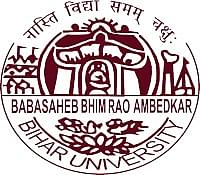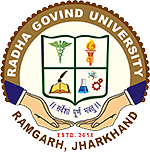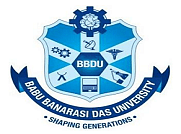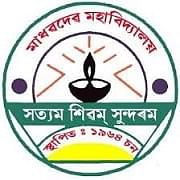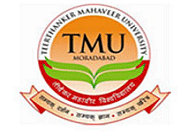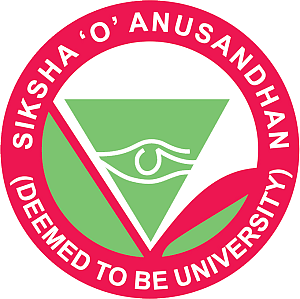Introduction about BSc in Cloud Computing
BSc in Cloud Computing is a specialized
undergraduate degree program designed to equip students with the knowledge and
skills needed to understand, design, implement, and manage cloud computing
systems. As cloud technology becomes increasingly integral to businesses and
organizations, this program prepares graduates for various roles in the tech
industry, focusing on the cloud's infrastructure, services, and applications .
What is admission process for BSc in Cloud
Computing?
The admission BSc in Cloud Computing can vary by
institution and country, but generally follows a series of common steps. Below
is an overview of the typical admission process:
1. Research and Preparation
Identify Suitable Programs
Research
universities and colleges that offer a BSc in Cloud Computing.
Review their
specific admission requirements and course details.
2. Meeting Eligibility Criteria
Academic Qualifications
Completion of
secondary education (high school diploma or equivalent) with a focus on
relevant subjects such as Mathematics, Physics, and Computer Science.
Minimum Grades
Meet the minimum
GPA or percentage required by the institution, typically around 60-70% or
equivalent.
3. Standardized Tests (if applicable)
Entrance Exams
Some institutions
require standardized test scores such as SAT, ACT, or specific
national/institutional entrance exams.
English Language Proficiency
For non-native
English speakers, proof of proficiency through exams like TOEFL, IELTS, or
equivalent tests may be required.
4. Application Submission
Application Form
Complete and submit
the university's application form, available on their official website no.1 college in Assam.
Supporting Documents
Academic
transcripts and certificates.
5. Application Fee
Pay the application
fee, if required. Fee amounts and payment methods will be specified by the
institution.
6. Interviews (if applicable)
Personal Interview
Some universities
may require a personal interview as part of the selection process. This could
be conducted in person, over the phone, or via video conferencing.
7. Admission Decision
Offer Letter
If accepted, you
will receive an offer letter from the university. This letter will include
details about the course, start date, and any conditions that need to be met.
8. Acceptance and Enrolment
Acceptance
Accept the offer by
responding to the university's offer letter, often by a specified deadline.
Tuition Deposit
Pay any required
tuition deposit to secure your place in the program.
Visa Application (for international students)
Apply for a student
visa if you are an international student. The university will provide the
necessary documents to support your visa application.
9. Orientation and Start of Classes
Orientation Program
Attend the
university's orientation program, which will help you acclimate to the campus,
meet faculty and fellow students, and understand the course structure.
Start of Classes
Begin your classes
as per the academic calendar provided by the to university in Assam.
Additional Tips
Early Application
Apply early to meet
deadlines and have ample time for any additional steps, such as visa processing
for international students.
Scholarships and
Financial Aid
Explore scholarship
and financial aid opportunities provided by the institution or external
organizations.
Stay Organized
Keep track of
application deadlines, required documents, and communication with the
university.
By following these
steps and ensuring you meet the eligibility criteria, you can navigate the
admission process for a BSc in Cloud Computing and secure a place in your
desired program.
What is syllabus for BSc in Cloud Computing ?
BSc in Cloud Computing typically
encompasses a comprehensive range of topics that provide students with both
theoretical knowledge and practical skills in cloud technology. Below is a
general outline of the subjects and topics you might expect to encounter
throughout the duration of the program, typically spanning three to four years.
Core Courses
Introduction to
Cloud Computing
Overview of cloud
computing concepts, history, and evolution.
Cloud service
models (IaaS, PaaS, SaaS).
Fundamentals of
Computer Science
Basic principles of
computer science, programming, and algorithms.
Introduction to
programming languages (Python, Java, C++).
Mathematics for
Computing
Discrete
mathematics, linear algebra, and calculus relevant to computing.
Introduction to
Networking
Networking basics,
protocols, and network architecture.
TCP/IP, DNS, and
other foundational networking concepts.
Operating Systems
Functions and types
of operating systems.
Process management,
memory management, and file systems from top college in Assam.





